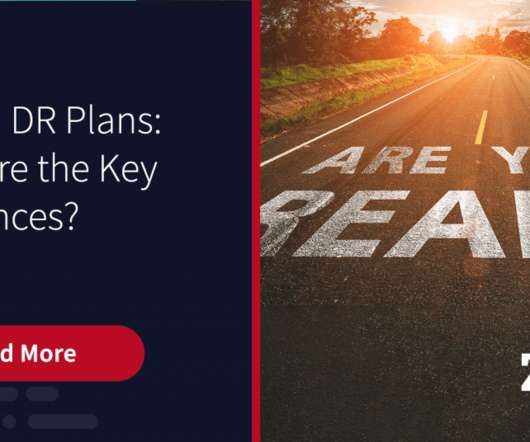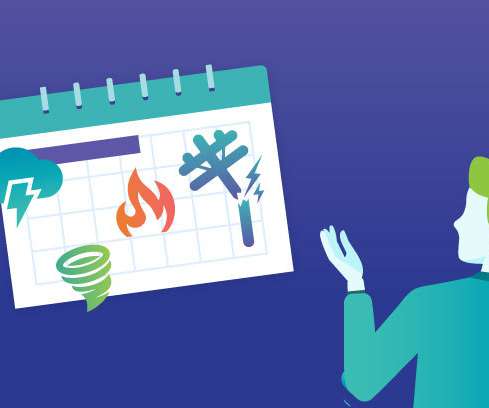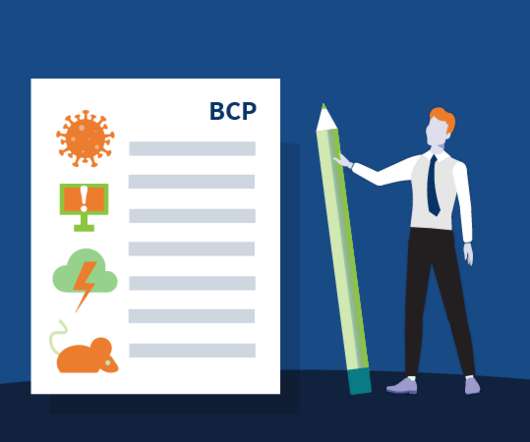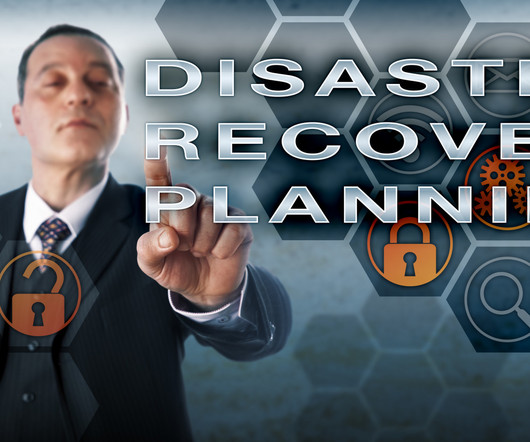BCP vs. DR Plans: What Are the Key Differences?
Zerto
AUGUST 18, 2022
These events could be man-made (industrial sabotage, cyber-attacks, workplace violence) or natural disasters (pandemics, hurricanes, floods), etc. The outcome of that planning process is the business continuity plan, or BCP. The purpose and scope of the BCP. DRP Is Part of A Successful BCP.



















Let's personalize your content